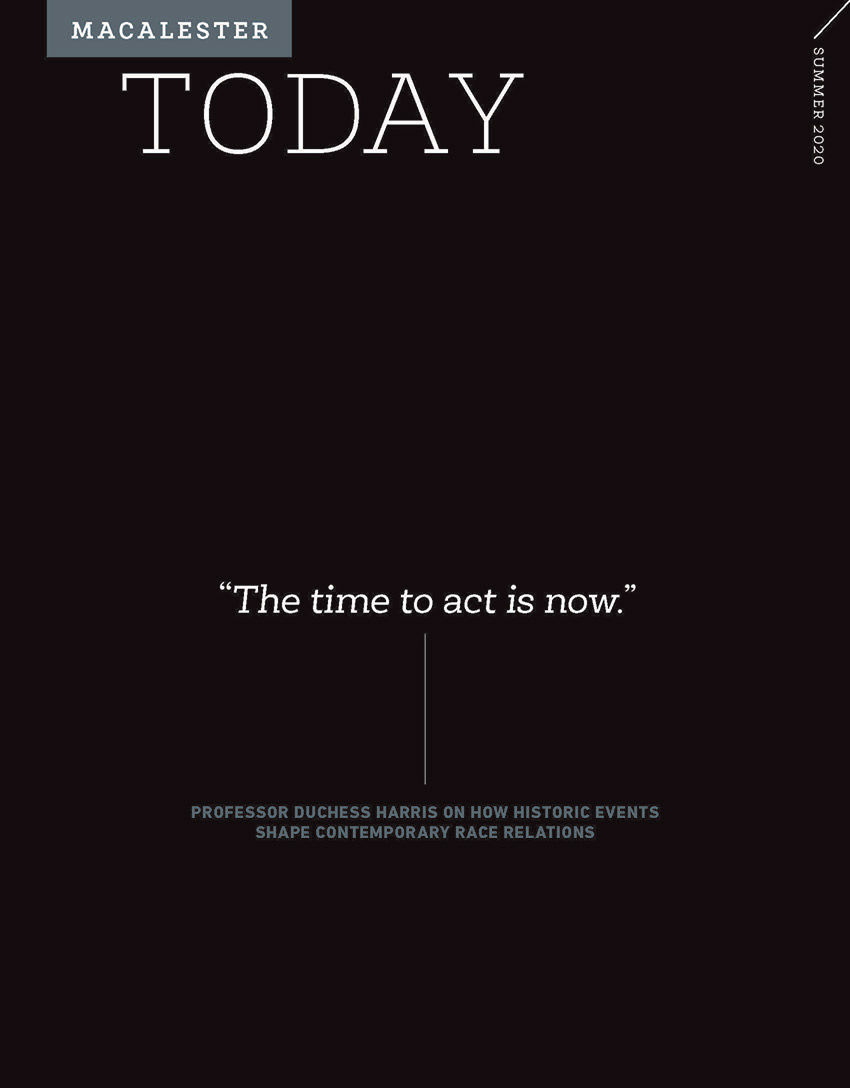
Outside the Weyerhaeuser Chapel, Macalester’s pilot Little Free Pantry is nearly overflowing with food.
The initiative began as a response to one of the requests put forth by the Black Liberation Affairs Committee (BLAC) in a meeting with senior staff in early June.
When President Suzanne Rivera tasked college chaplain Kelly Stone with the project, Stone was immediately reminded of a conversation she had with an alumnus months ago who proposed the idea of a Little Free Pantry—a lesser-known spinoff of the Little Free Library concept.
Macalester’s location will be an open place for community members to leave non-perishable donations and a chest of resources for that same community to tap into if they find themselves in need.
As of now, the Little Free Pantry is not affiliated with Macalester’s Open Pantry, which is specifically dedicated to students in need. This project is for people both inside and outside of the campus community—available to anyone who happens to walk by.
While Stone hopes the whole neighborhood can contribute, Macalester will oversee the program. The college paid for the first load of groceries and made a financial commitment to host this pantry for the year ahead. It also paid a carpenter to build a more rugged permanent structure, installed in July: a stilted box with a sloped roof, designed to better withstand snowy Minnesota winters.
Campus community members will coordinate upkeep. “People have said, ‘This feels like a tangible invitation into something that I can do. And given COVID concerns, I haven’t felt like I’ve been able to step into the community around a lot of people,’” Stone says. “It’s been heartening to hear that.”
Stone understood the request for a pantry as a call for Macalester to “make some of the pain of the human family more visible. One of the things I’m learning is that the silence about food insecurity is also just really painful,” Stone says. “It does feel like a starting point for us to understand that this isn’t someone else’s problem, this is our problem to begin to address.”
By Hannah Catlin ’21
Excerpted from The Mac Weekly (June 16, 2020)
August 18 2020
Back to top





